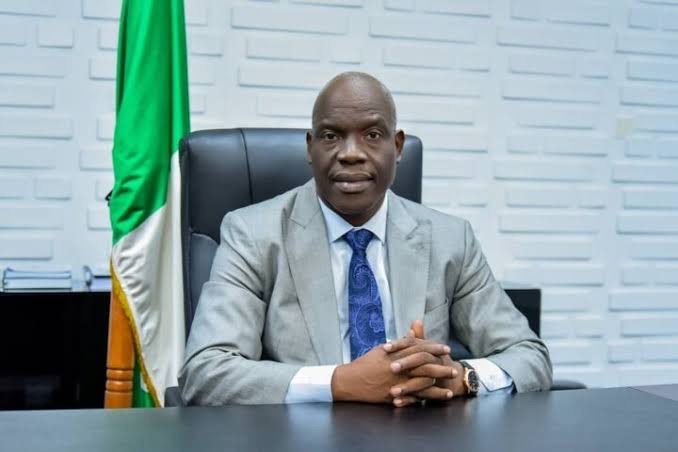The Nigerian Upstream Petroleum Regulatory Commission (NUPRC) has asserted Africa’s substantial need for investment in its oil and gas sector to meet burgeoning energy demands. NUPRC Chief Executive Officer, Gbenga Komolafe, speaking at the 2025 Africa Energies Summit in London, highlighted the continent’s requirement for over $600 billion annually until 2030 in upstream oil and gas investments. This figure, based on a 2023 International Energy Forum study, underscores the pressing need for capital inflow to address Africa’s projected 30% energy demand growth by 2040. This growth is fueled by a combination of factors including rapid population expansion, increasing industrialization, and the pursuit of universal energy access across the continent. Komolafe positioned Nigeria as strategically placed and prepared to attract a significant portion of this required investment, emphasizing the nation’s commitment to sustainable development within the African energy landscape.
Komolafe emphasized that despite the global push toward decarbonization, hydrocarbons will remain a critical component of the global energy mix for the foreseeable future. Citing the BP Energy Outlook 2024, he pointed out that fossil fuels are projected to constitute over 50% of the world’s energy supply by 2050. He argued that the transition to a low-carbon future must be equitable and consider regional contexts, particularly in Africa, where energy access is fundamental to development. Nigeria, he asserted, is pursuing a pragmatic approach that links climate action with development and universal energy access. This approach acknowledges the continued reliance on hydrocarbons while simultaneously pursuing sustainable development pathways.
The NUPRC has implemented several initiatives to attract investment and enhance exploration in Nigeria’s upstream oil and gas sector. These include transparent bid rounds conducted in 2022 and 2024, which Komolafe credits with repositioning Nigeria as a global investment hub. He highlighted the remarkable investor engagement, competitiveness, and transparency of these rounds, emphasizing their role in solidifying Nigeria’s commitment to global standards of excellence, innovation, and partnership. The success of these rounds, he argued, marks a new era for Nigeria’s oil and gas sector, characterized by ambition, resilience, and abundant opportunities.
The positive impacts of these initiatives are already evident, according to Komolafe. He cited a significant surge in investment, the entry of new investors, increased oil and gas reserves and production, and a dramatic rise in rig counts, which have jumped from eight in 2021 to 36 currently, with projections reaching 50 by the end of the year. He attributed these achievements to the Petroleum Industry Act of 2021, which has instilled greater certainty in the industry, complemented by the availability of high-quality geological and technical data. Komolafe underscored Nigeria’s substantial reserves, boasting 210.54 trillion cubic feet of natural gas, the largest in Africa, and 37.28 billion barrels of crude oil, positioning the nation as a key player in the African energy market.
Looking towards the future, Nigeria has set an ambitious national production target of 3 million barrels per day. Komolafe acknowledged that achieving this goal necessitates continuous investment to unlock the potential of new basins and mature frontier fields, ensuring that future energy needs are met in line with the country’s growing population. To facilitate this, the NUPRC has embarked on a significant data acquisition and reprocessing campaign, acquiring over 11,000 square kilometers of 3D seismic data as part of the expansive 56,000 sq km Awalé Project. This initiative aims to provide detailed subsurface information, mitigating exploration risks and attracting further investment.
In summary, Nigeria is presenting itself as a key player in Africa’s energy future. The country recognizes the dual imperative of meeting growing energy demands while also navigating the global transition towards a lower-carbon future. Through its commitment to transparency, strategic reforms like the Petroleum Industry Act, and ambitious initiatives like the Awalé Project, Nigeria is actively working to attract the substantial investment needed to unlock its vast hydrocarbon resources and contribute to a sustainable energy future for Africa. The NUPRC, under Komolafe’s leadership, is driving this agenda, emphasizing the importance of collaboration and investment to address Africa’s pressing energy needs while simultaneously acknowledging the global shift towards decarbonization. The message conveyed at the Africa Energies Summit was clear: Nigeria is open for business and is ready to play a leading role in powering Africa’s growth.


